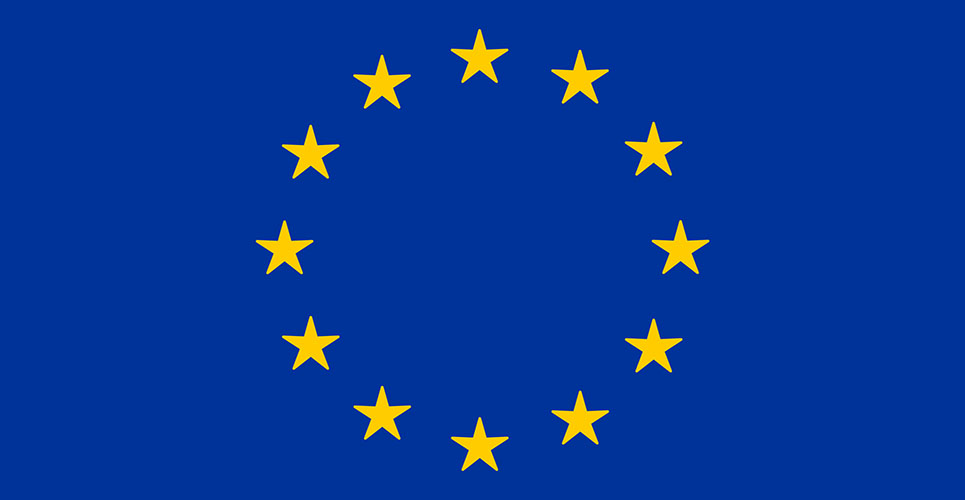teaser
Europe is losing its competitiveness and attractiveness for pharmaceutical R&D, according to the European Federation of Pharmaceutical Industries and Associations.
The EFPIA said Europe did not reward innovation sufficiently, its research base had weakened substantially, the market was not functioning well and was highly fragmented – and the region lacked an industrial strategy.
However, the continent did have a great deal to gain in health and economic terms from having a strong and competitive research-based pharmaceutical sector, the EFPIA said in its response to the European Commission’s public consultation on the future of the European Union single market in pharmaceuticals.
To achieve this, the EFPIA believes that a number of measures are essential, especially: limiting the scope of EU member states’ price controls to the territory of the country concerned; clarification of the Transparency Directive, in light of judgements by the European Court of Justice; maintenance of high standards of intellectual property protection, both within the EU and worldwide; and reforms to provide the industry with “legal certainty” on provision of information on its medicines.
A submission from the Pharmaceutical Research and Manufacturers of America (PhRMA) strongly supports the EFPIA’s response, and also provides the Commission with the US industry’s “top four” recommendations for improving the future of innovative medicines in Europe.
These call for: amending EU Directive 2001/83 so that drugmakers may provide non-promotional information about their products to patients; greater regulatory cooperation and enforcement of existing regulations in order to support advances in innovative medicines, create more efficient means to ensure drug safety and efficacy and help deliver medicines more rapidly to the market; in the areas of parallel trade and counterfeit medicines, full implementation of Recommendation 6 of May 2002’s G 10 report (which states that a member state’s authority to regulate prices should extend only to medicines reimbursed by the state), plus a ban on re-packaging; and strong global intellectual property rights.

